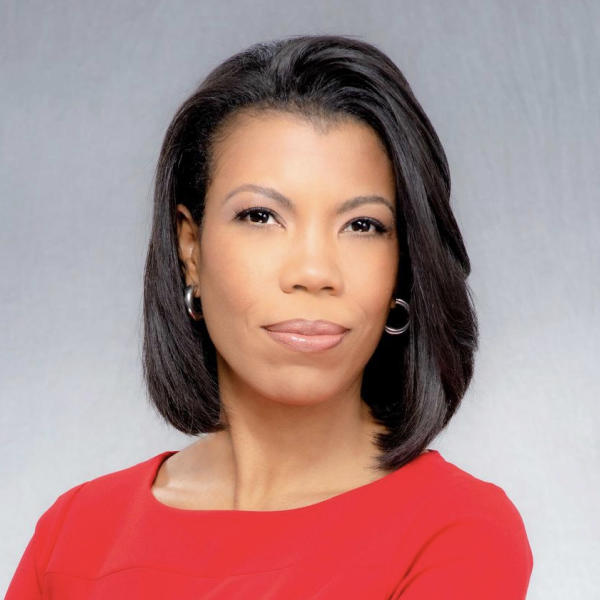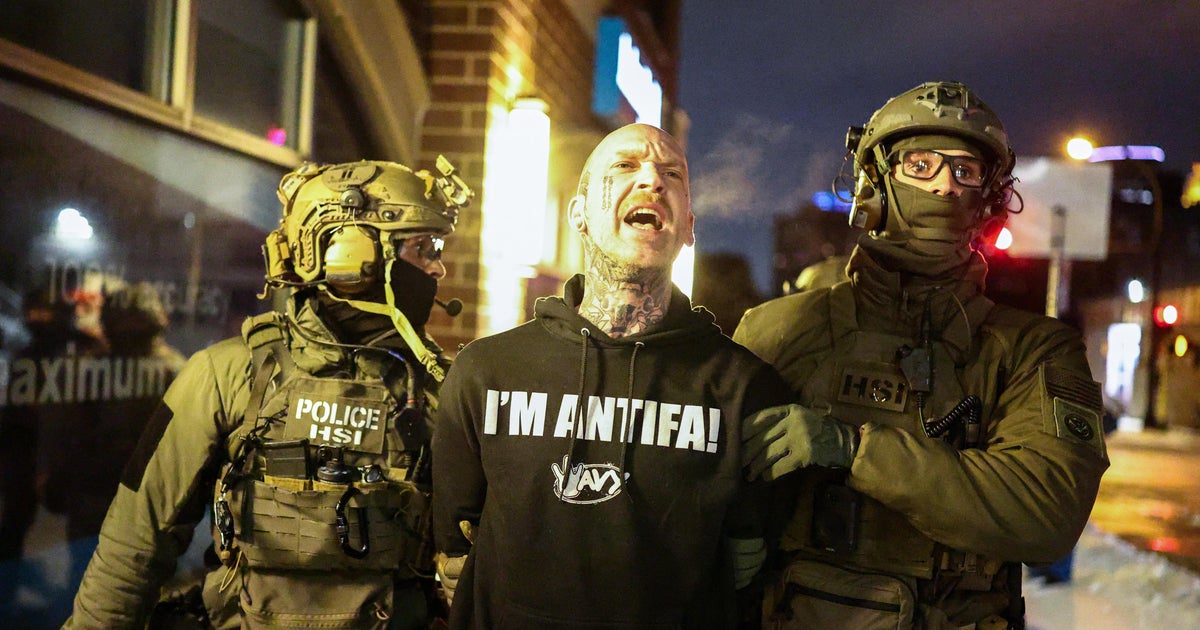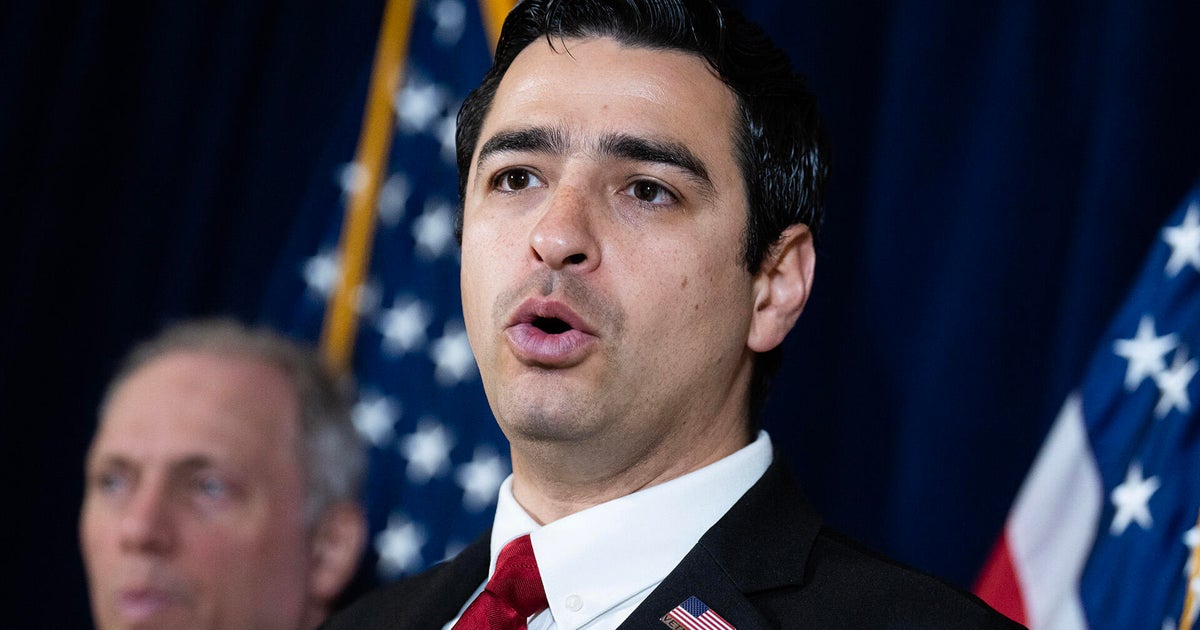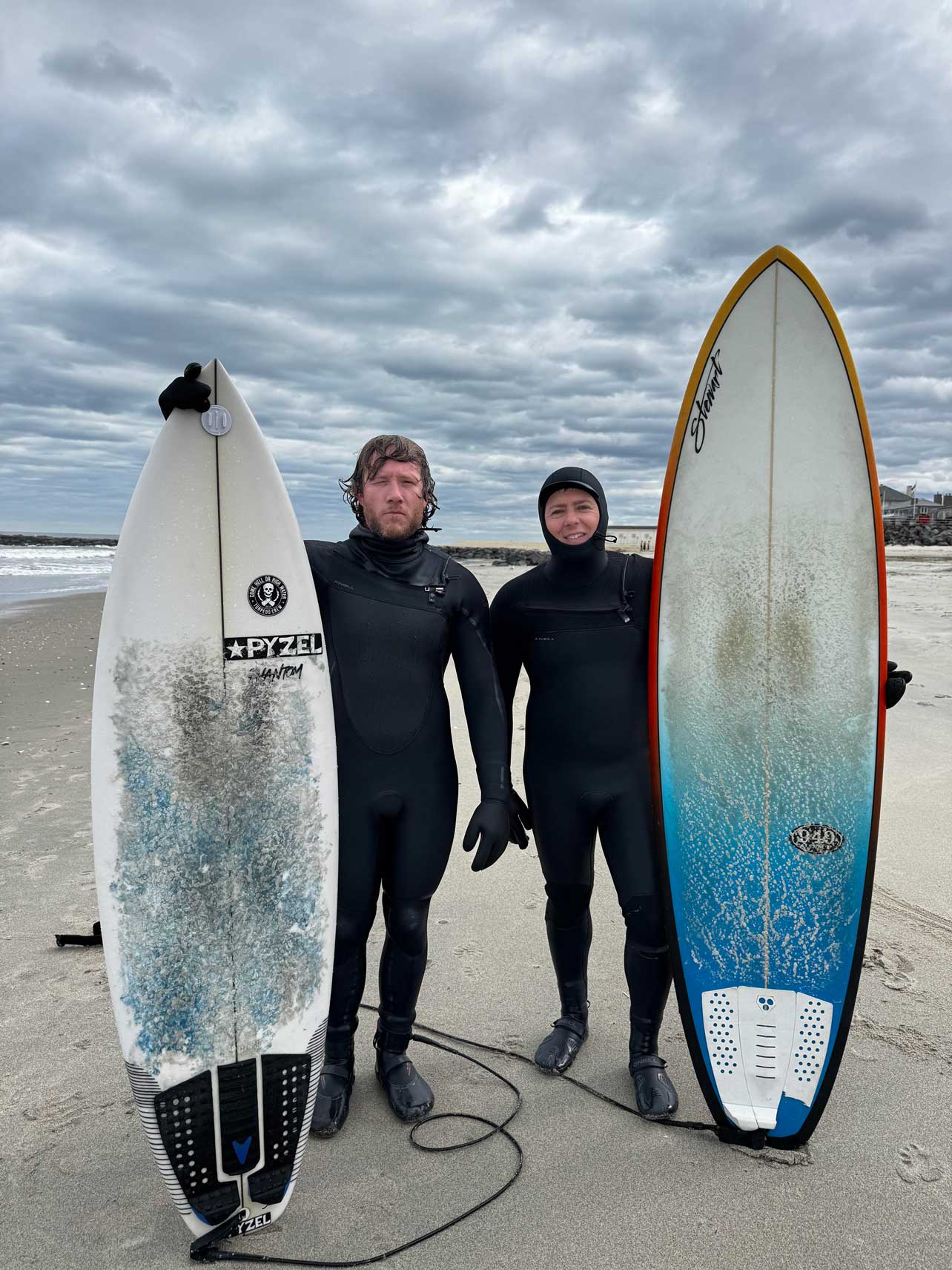Congressional negotiators make progress on policing overhaul compromise
Congressional staffers worked through recess towards agreement on several key elements of a compromise police reform bill that could lead to a sweeping overhaul of policing in the U.S.
Conversations are still ongoing, and staffers are working toward drafting language, but they appear to be nearing agreement on several fronts — banning the use of chokeholds by police officers except in life-threatening situations, setting federal standards for no-knock warrants and limiting the transfer of military equipment to local police departments.
"We've made progress," a staffer familiar with the talks told CBS News, "but nothing is agreed to until everything is agreed to."
The compromise talks have picked up momentum since the conviction of former Minneapolis Police Officer Derek Chauvin for killing George Floyd. President Biden called on Congress to "find a consensus" on police reform by May 25, the one-year anniversary of Floyd's death.
Senators Tim Scott, Republican of South Carolina; Cory Booker, Democrat of New Jersey; Lindsey Graham, Republican of South Carolina; Majority Whip Dick Durbin, of Illinois; and Representatives Karen Bass, a California Democrat; Brian Fitzpatrick, Republican of Pennsylvania; New Jersey Democrat Josh Gottheimer and Pete Stauber, Republican of Minnesota, are leading the negotiations.
Among the remaining points of contention is qualified immunity, which shields police from lawsuits and limits civil liability. Scott has floated making it easier to sue police departments but not individual officers.
Bass told reporters last month "there's a lot of room for discussion around qualified immunity" but said there needs to be accountability in both police departments and the unions that represent officers.
"If the agencies, the cities, if they're concerned about lawsuits they will not want to have problem officers," she said in April. "And then you have situations like the Minneapolis Police Department, where Derek Chauvin, if he had not been convicted, even though he was fired, he could be rehired again because of the union. The union contract that they have there says that if a police chief fires an officer, that officer can go to arbitration and can be rehired again against the desire of the chief."
Over the weekend, influential congressman and House Democratic Whip Jim Clyburn, of South Carolina, indicated he was open to setting aside the issue of qualified immunity to get a deal done.
"If you don't get qualified immunity now, then we'll come back and try to get it later, but I don't want to see us throw out a good bill because we can't get a perfect bill," he told CNN's Jake Tapper on "State of The Union" on Sunday. Clyburn said he "would never sacrifice good on the altar of perfect," and added, "I know that sometimes you have to compromise."
The White House declined to say if President Biden would sign a bill that excluded qualified immunity.
"The president is eager to see what the outcome of negotiations are," said White House press secretary Jen Psaki. "His focus is on his hope that he can sign the George Floyd Justice in Policing Act into law on May 25th."
The Wall Street Journal first reported the points of likely agreement.
In late April, the families of George Floyd, Eric Garner, Botham Jean and Terence Crutcher — all of whom were killed by police — visited Capitol Hill to personally lobby lawmakers on a reform package. A representative for the group said they remain hopeful about a compromise but expressed disappointment in Clyburn's remarks on qualified immunity.
"Qualified immunity is something that is very important to the families. It makes no sense to negotiate against ourselves," said Bakari Sellers, who accompanied the families to the Capitol along with attorney Ben Crump.
Sellers said they anticipate playing a role in the process and could meet again with members of Congress.
"Not having that discussion or coming back to it later, I believe, is a non-starter," Sellers told CBS News. "At the end of the day, you know, for a bill that carries George Floyd's name on it, I think that people would tell you that it has to be something that's strong."
Legacy civil rights organizations have also been engaged in ongoing discussions with congressional negotiators. NAACP President Derrick Johnson has been speaking frequently with lawmakers on police reform, according to an aide. While the group acknowledges no bill is perfect, its position on ending qualified immunity has not changed.
"Police are not above the law, and should never be shielded from accountability for unlawful, unconstitutional and inhuman acts," said NAACP spokesperson Jonah Bryson.
Jack Turman and Rebecca Kaplan contributed to this report.





